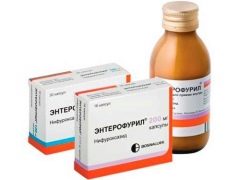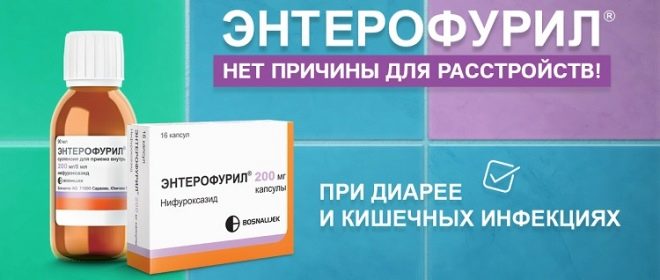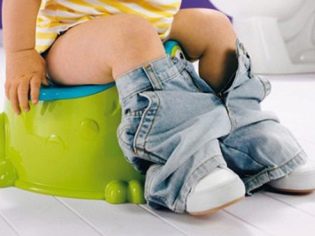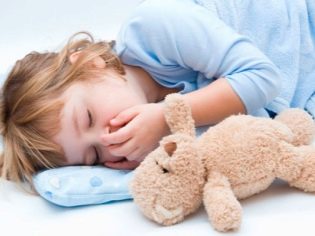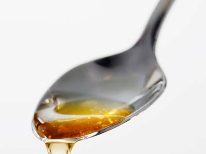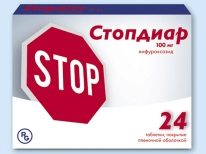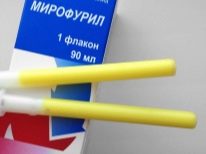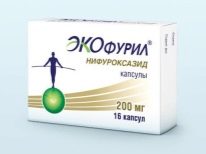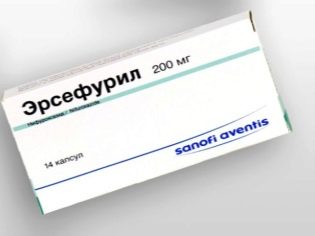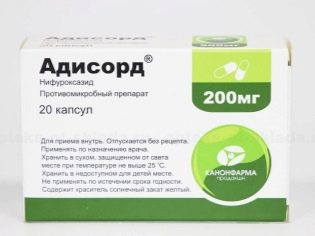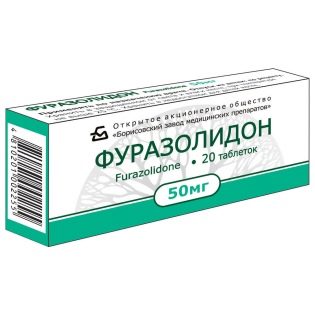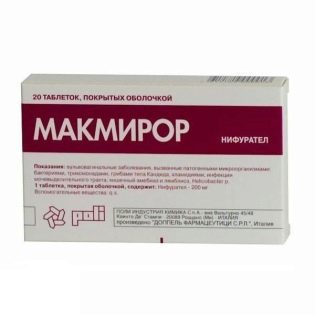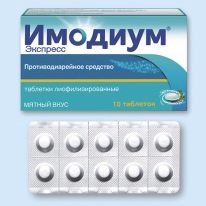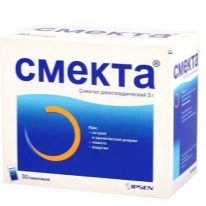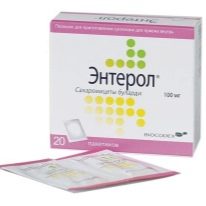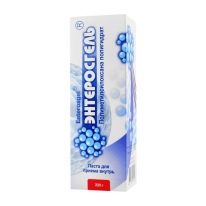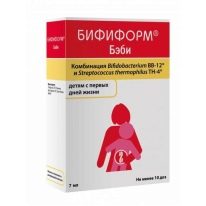Enterofuril analogues for children
If a child has diarrhea, he should definitely be given more to drink (including special rehydration solutions, which you can both buy at the pharmacy and prepare yourself at home) and change the diet. However, in some cases, not to do without drugs that affect the most common cause of diarrhea - disease-causing microbes. One of these drugs is "Enterofuril».
It comes in several forms, which allows it to be applied at different ages. Enterofuril is prescribed to the smallest patients in suspension, since it is allowed to be given from 1 month. This liquid has a sweet taste, yellow color and a banana smell.
Older children are prescribed in capsules. Such a solid variant of Enterofuril can be used from the age of three.
The composition of the drug
The main ingredient of both forms of medicine, through which "Enterofuril" helps to get rid of pathogenic bacteria, is called nifuroxazide. Its quantity in 5 ml of the liquid preparation is 200 mg, and in one capsule - 100 or 200 mg. In addition, depending on the form of the drug, various inactive components are present, for example, flavoring, citric acid, carbomer, and sucrose are added to the suspension, and corn starch, MCC, gelatin and other compounds are used to make capsules.
Mechanism of action
Once in the child's body, Enterofuril does not enter the bloodstream, but acts only in the intestinal lumen. Such a substance affects certain metabolic processes in microbial cells, as a result of which the pathogen membranes are destroyed and the bacteria die.
At the same time, the drug does not affect the beneficial microorganisms that represent the normal intestinal flora. And due to the fact that Enterofuril is harmful for pathogenic microbes, it even helps eliminate dysbacteriosis. If the intestine of the child is struck by a viral infection, the use of nifuroxazide will be the prevention of bacterial complications.
When is appointed?
Usually, the cause of giving “Enterofuril” to a child is diarrhea, which is caused by harmful bacteria - shigella, salmonella, pathogenic Escherichia, staphylococcus, vibrios and other pathogens. The drug is in demand for food poisoning, salmonellosis and other intestinal infections.
Contraindications and possible harm
“Enterofuril” should not be given to children with hypersensitivity both to its main component, and to any excipient. As in the suspension, and inside the capsules, sucrose is present, both forms of the drug are contraindicated for hereditary problems with carbohydrate metabolism, for example, if the baby has glucose-galactose malabsorption syndrome or isomaltase is absent in his body.
The drug is usually well tolerated and only in certain small patients can cause an allergic reaction, for example, urticaria. In such cases, “Enterofuril” should be immediately canceled, and if severe allergy is observed, the child should be shown to the doctor so that he can prescribe an age-appropriate antihistamine medication. The drug does not cause other side effects, as it is not absorbed and does not penetrate into the internal organs. This also leads to the absence of cases of enterofuril overdose.
Analogs on the active substance
If there is no Enterofuril in the pharmacy or the parents are interested in drugs that have a lower price, then the child can be given another drug nifuroxazide. In the form of a suspension, which often also has a banana taste and contains 200 or 220 mg of the active ingredient for 5 milliliters, produce such drugs:
- «Stopdiar»;
- "Nifuroksazid-Richter";
- Ecofuril;
- "Mirofuril".
In capsules containing 100 or 200 mg of nifuroxazide, such preparations are produced:
The company "Gedeon Richter" instead of capsules offers tablets that have a dense shell. This medicine contains 100 mg of nifuroxazide in one tablet. A similar drug is available under the name "Stopdiar." All of these drugs have the same properties as Enterofuril, therefore they are used for the same indications.
It should be noted that many of them are cheaper, since among them there are also means of domestic production. If you need to pay about 340-400 rubles for a bottle of liquid Enterofuril, then the cost of the Polish drug Stopdiar ranges from 260 to 340 rubles per bottle.
While a package of 16 capsules of Enterofuril 200 mg each costs about 320-350 rubles, the price of the analog in the same form and with the same dosage starts from 230-240 rubles. As for age restrictions, then, like Enterofuril, its liquid counterparts are allowed even for infants older than one month, and capsules and tablets are given to children from 3 years of age, if a small patient can swallow them without any difficulties.
Other nitrofurans
In some cases, the doctor may replace Enterofuril with another drug from the same group of drugs. eg:
- «Furazolidone». This drug with the same active ingredient is prescribed for dysentery, typhoid fever, food poisoning, giardiasis and other diseases. It is available in tablets and is discharged to children over 1 year old.
- «Macmiror». Such tablets contain nifuratel and can be used for bacterial infections of the intestine, as well as for amebiasis, Giardia infection and infections of the excretory system. They are allowed for children of any age, but must be prescribed by a doctor.
Other antidiarrheal drugs
If the child does not tolerate Enterofuril, or the cause of diarrhea is not a bacterial infection, use these drugs:
- «Imodium». These tablets, which need to be absorbed, contain loperamide. This substance acts on the receptors in the intestines, inhibiting peristalsis, which helps to cope with diarrhea, provoked by dietary disturbances, food allergies, stress and other factors. However, in case of intestinal infections, this medicine is contraindicated, therefore it cannot be called a counterpart of Enterofuril. In addition, this drug has a lot of side effects, and it is not prescribed for children under 6 years of age.
- «Smecta». Such a smectite-based drug can absorb various toxic compounds and harmful bacteria, so it is often prescribed for diarrhea. Its main advantages include the possibility of use at any age and a portion of the form of release (bags of powder).
- «Enterol». This powder contains saccharomycetes, and the suspension prepared from it has an antibacterial effect, therefore the drug is in demand for diarrhea and for its prevention. It can be used from 1 year and is also available in capsules.
- «Enterosgel». Such a preparation is represented by a paste, the basis of which is porous silicon with an organic matrix. Due to this structure, the drug absorbs toxic substances, viral particles and pathogenic bacteria, providing a detoxifying effect. It can be used from birth, not only for infectious diarrhea, but also for various poisonings, high acetone, intoxication with ARVI, renal failure and other problems.
- "Bifiform". This medicine contains bifidobacteria that resist harmful microorganisms and help to improve digestion. The reason to prescribe such a drug is rotavirus infection, dysbiosis, salmonellosis or another disease. In solution, it is used even in infants, in powder - from 1 year, in capsules - from the age of two, and in tablet form - in patients 3 years and older.
To determine which of the analogs is better suited instead of "Enterofuril", should the doctor. Any antidiarrheal drugs should be used in children only after a specialist is examined, because with diarrhea it is important to find out its cause and influence it, and also to prevent dehydration and the complications caused by it.
If a young child is sick, delay may be a danger to his health, therefore, if liquid stool or other symptoms of an intestinal infection are detected, the most appropriate action of the parents will be to call a doctor.
In the next video, Dr. Komarovsky instructs parents in which situations with diarrhea in a child, be sure to consult a doctor.
